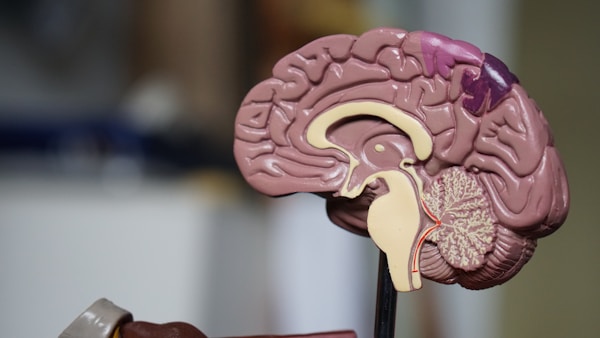As most of us are aware, Alzheimer’s disease is a neurological disorder that affects millions of people worldwide. It is a progressive disease that slowly destroys memory and thinking skills, ultimately leading to the loss of independence and the ability to perform daily tasks. As the world population ages, the prevalence of this disease is expected to increase dramatically in the near future. Therefore, Alzheimer’s research has assumed tremendous significance. However, research has improved significantly over time, and we know a lot more now than we did before. If you want to learn more, keep reading to find out how Alzheiemer’s research has evolved over the years.
How has Alzheimer’s research evolved over the years?

Over the years, there have been numerous studies and research carried out to help understand the disease better and come up with reliable treatments. Alzheimer’s research has come a long way from the time when it was first identified over a hundred years ago. In the early days, the focus of the research was mainly on understanding the pathological changes and the brain after death. The technology at that time was limited, and there were no treatment options available. If you want to track details on Alzheimer’s research, you should consider getting involved with an Alzheimer’s foundation.
As technology advanced, researchers began to identify biomarkers for Alzheimer’s, including amyloid and tau proteins. Amyloid is the main component of the brain plaques that are characteristic of Alzheimer’s disease, and tau is a critical component of neurofibrillary tangles that occur in the brains of Alzheimer’s patients. The identification of these biomarkers has made it possible to develop diagnostic tests that are sensitive to detect the presence of Alzheimer’s disease. The discovery of biomarkers also played a vital role in the development of potential treatments, such as antibodies that target beta-amyloid.
Today, while a cure has yet to be discovered, research has focused on areas like prevention and early intervention. Researchers are exploring the link between lifestyle and the chances of developing Alzheimer’s. There has also been major progress in developing personalized therapies, whereby treatments are customized based on an individual’s genetic makeup, stage of the disease, and other factors.
How is Alzheimer’s disease diagnosed and treated?

Now that you know more about Alzheimer’s research, let’s discuss the disease itself. The process of diagnosing Alzheimer’s disease is complex and typically involves a comprehensive evaluation, including medical history, neurological and physical exams, and imaging studies. Doctors will assess the patient’s cognitive function, including their memory, language, attention, and problem-solving abilities. They may also perform blood tests and brain imaging studies, such as computed tomography (CT) or magnetic resonance imaging (MRI).
Once a diagnosis of Alzheimer’s disease has been established, the focus shifts to treatment options. Treatment primarily involves managing symptoms and slowing the disease’s progression. Medications, such as cholinesterase inhibitors and memantine, can help improve cognitive function and manage symptoms. Lifestyle changes, such as a healthy diet, regular exercise, and social engagement, may slow the progression of the disease too. In advanced cases, patients may require specialized care, including assistance with daily activities.
Alzheimer’s disease is one of the most studied neurological diseases in the world. As more and more is learned about Alzheimer’s, the research surrounding it has evolved over the years. As this article demonstrates, the evolution of Alzheimer’s research over the years has been essential for progress in understanding, treating, and hopefully, one day finding the cure for Alzheimer’s disease. This progress has been made possible through the dedication of researchers, clinicians, and patients, who have worked together to push the boundaries of knowledge and care. Follow the tips in this article and you’ll be as informed as possible about Alzheimer’s.
